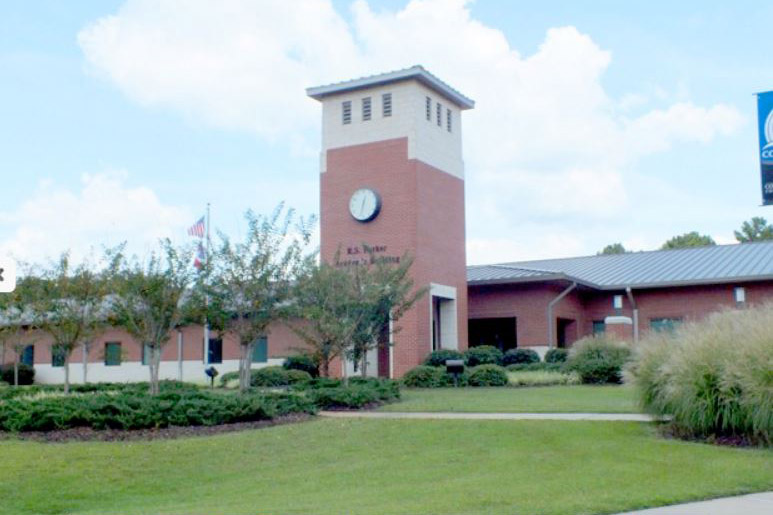
Mitchell Chatman
District 1 Supervisor
601.506.4317
Mitchchatman@yahoo.com

Danny Craft
District 2 Supervisor
601-382-8262
dlcraft64@outlook.com

Wayne Womack
District 3 Supervisor
601-622-0191
waynewomack20@gmail.com

Donny Welch
District 4 Supervisor
601.382.5580
rmtractordww@bellsouth.net
Charlie Westmoreland
District 5 Supervisor
601-540-2647
charliew76@icloud.com

Danny Welch
Board Attorney
601-847-2539
danny_welch@bellsouth.net
The pacesetter for county government is the five-member board of supervisors. This board is the chief policy making and administrative body or unit of the county. For the purpose of selecting a board of supervisors, each county is divided into five districts, commonly referred to as “beats.” Each district elects a supervisor who serves a four-year term.
While each supervisor may handle some administrative duties in his or her district, together the members set policy. While each supervisor represents his or her district, all of the members are expected to look after the good of the county as a whole. In Unit System counties, such as Simpson County, the Board of Supervisors sets policy for road and bridge maintenance, but is prohibited from participating in the day to day activities of the Road Department. Board Members must coordinate their requests for road work through the County Road Manager.
Many people think that road construction and maintenance are the only things supervisors do. It is a very important job to be responsible for hundreds of miles of local highways and roads. The board can also set traffic regulations for the county roads. But the board must look after many things in addition to roads.
The power to tax and the power to appropriate and budget funds are the two most significant powers the board exercises. With these powers, the board decides which part of county government gets the largest slice of the “budget pie.”
The board can borrow money for the county. It must comply with various purchasing and administrative laws designed for economical and efficient government. It approves the county bills before they are paid.
Board meetings are held twice a month on the first Monday and the 15th of each month. In case of holidays, the meetings will be held on the following Tuesday, or as approved by the Board of Supervisors. Meetings are open to the public. The board serves a unique role in Mississippi counties — it is the one body which supervises almost everything that goes on in county government.
The Board of Supervisors is defined as the Governing Authority of the County; however, the Board of Supervisors has no authority over the county School District or the Board of Education.
The Board of Supervisors are responsible for setting policies and procedures and overseeing the county’s finances with regard to levying necessary taxes as authorized by stature to carry out the function of the county. They have the power to adopt orders, resolutions, and ordinances with respect to county affairs, property, and finances without the existence of or reference of any specific authority granted in any other stature or law of the state. The Boards of Supervisors have within their respective counties full jurisdiction over roads, ferries, bridges, and the power to levy taxes as may be necessary to keep in good repair.
The County Administrator is hired by the Board of Supervisors and is responsible for carrying out the policies adopted by the Board; prepares the budget for consideration by the Board; prepares the tax levy, and performs any and all administrative duties that the board could legally perform themselves.
The Comptroller is responsible for payroll and all related records; also, for insurance and workman’s compensation.
The Purchase Clerk is responsible for procuring supplies for county use in accordance with purchase procedures set by statute.
The Accounts Payable Clerk is responsible for docket of payment to county vendors.
The Inventory Clerk is responsible for tagging and managing county assets.
The Receiving Clerk receives and records purchases made by the county.
The Solid Waste Clerk is responsible for quarterly billing of solid waste accounts and receiving of payments.
The Road Manager is responsible for day to day operations of the County Road and Bridge Department.













